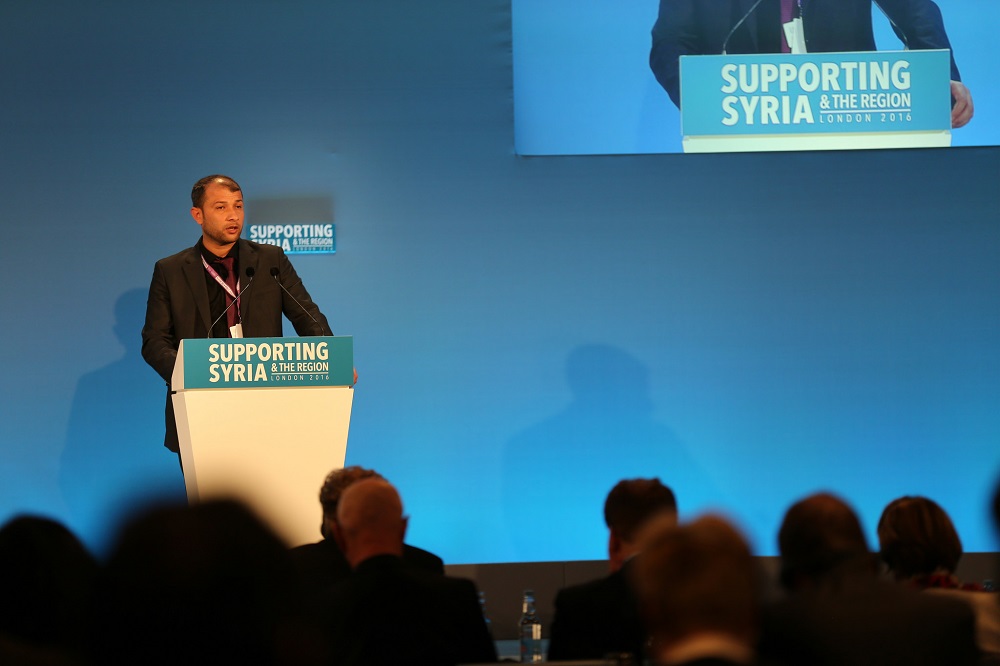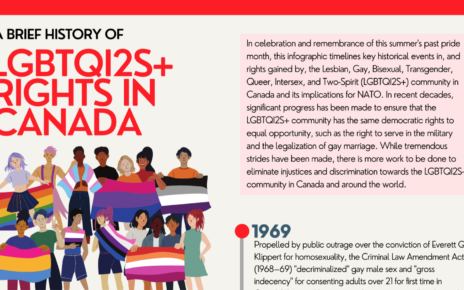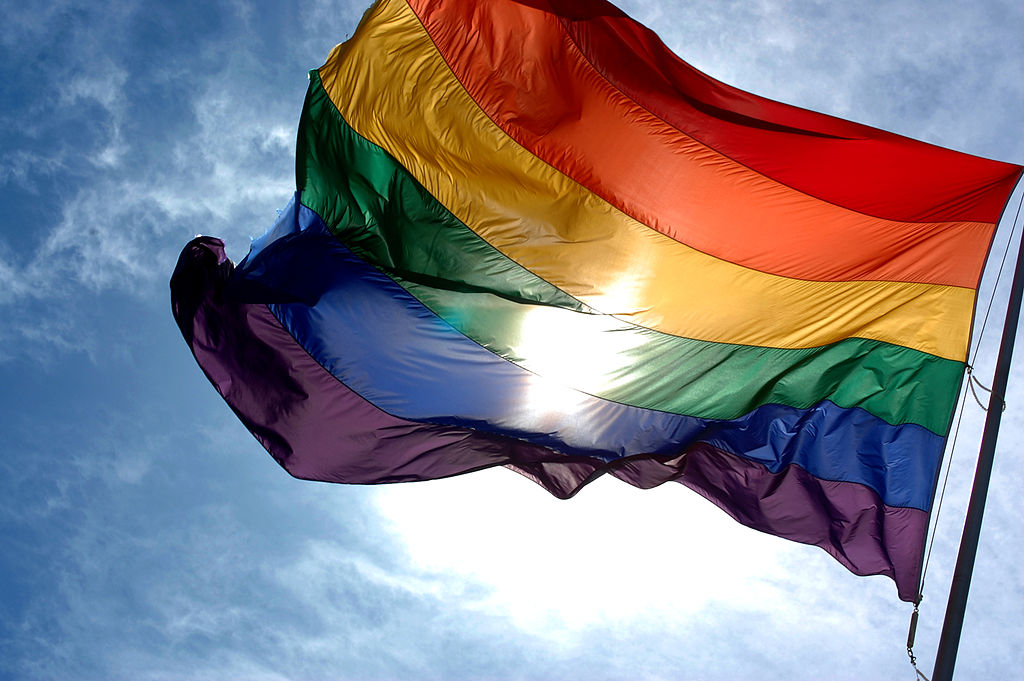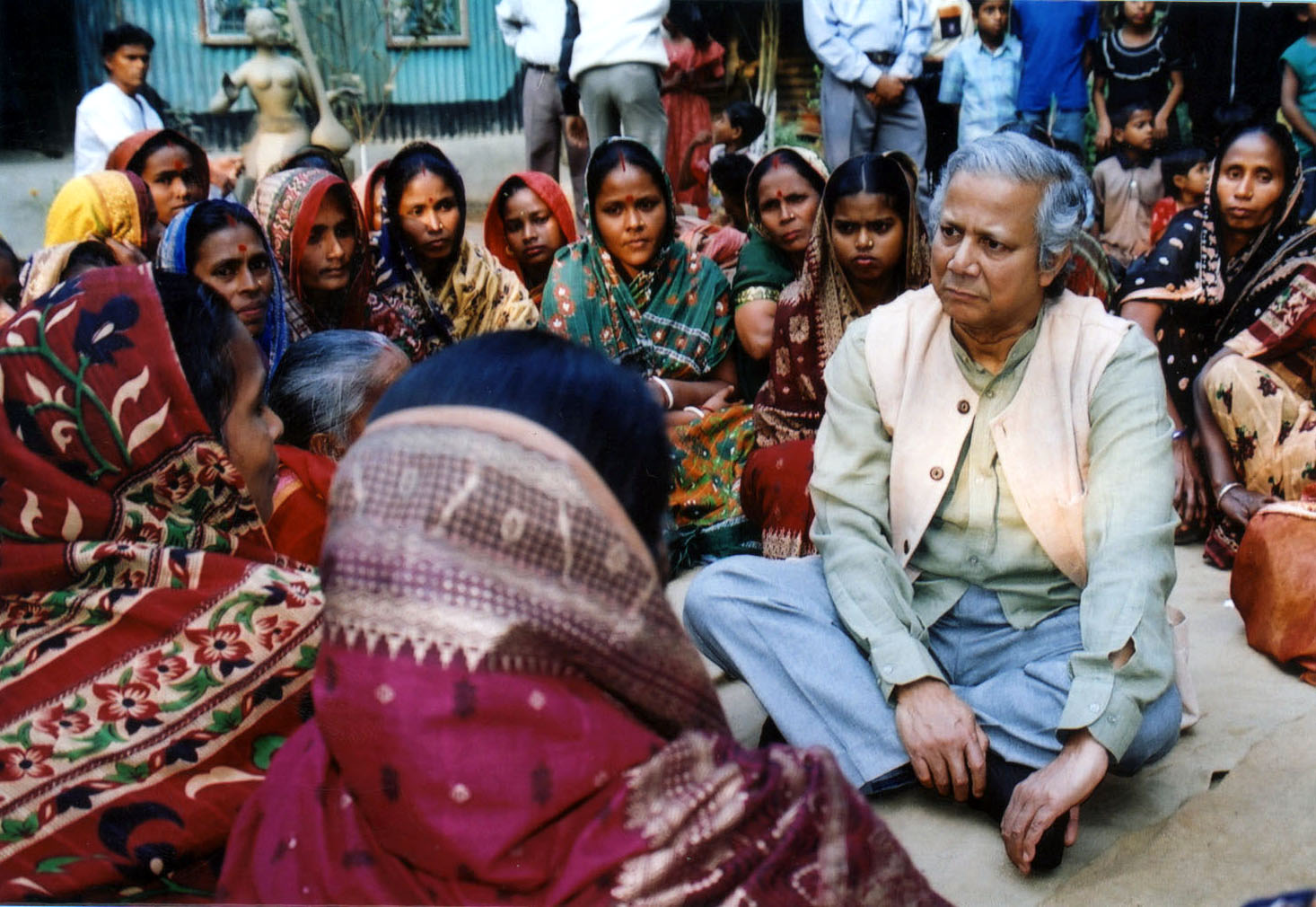On Friday, December 9 2016, Global Affairs Canada and The British High Commission co-hosted a panel discussion at the Art Gallery of Ontario with senior members from the White Helmets. The White Helmets, also known as Syria Civil Defense, were invited to Canada to share their personal experiences from their heroic contributions in the Syrian civil war. Before completing their full tour in five Canadian cities, two panellists had to return to Aleppo amid the deteriorating circumstances and escalations on the battlefield. Raed Saleh and Farouq Habib, leader of the White Helmets and the chair of Syrian Civil Defense, flew back to Syria after their visit in Toronto to support their teams on the ground.
The previous Canadian Minister of Foreign Affairs, Hon. Stéphane Dion, praised the White Helmets and the members’ commitment to sacrifice their own safety for the sake of fellow citizens. He felt ‘’truly inspired’’ by the organization and their brave efforts. The White Helmets received worldwide recognition after being nominated for the Nobel Peace Prize in October 2016. While they did not win the award, support for the White Helmets increased tremendously after the nomination. Moreover, Netflix released an official documentary of the White Helmets with the captivating description: ‘’These ordinary men are extraordinary heroes.’’
Despite the growing awareness of the White Helmets, a prestigious prize or well-received documentary will not solve the deeply entrenched problems that underpin the armed conflict in Syria. The volunteers’ greatest wish is for the war to come to an end.
When the members of the The White Helmets go to work, their workplace is not a typical office setting. As described on their web page, the Syrian Civil Defense workers perform their duties in ‘’the most dangerous place in the world.’’ The organization is a community with volunteers who are bound by their dedication to prevent civilian casualties after bombing attacks. Rushing to the places where bombs have fallen, White Helmets volunteers begin to search for survivors and help the wounded. They are aware that the war jets carrying bombs often return to the same place where they first struck. Yet, it does not hold the brave volunteers back from doing their work.
It is estimated that the White Helmets have saved more than 60,000 lives, and the number keeps growing every day the bombings continue to plague the citizens of Syria. As long as the civil war prevails, the White Helmets’ work remains vital. The volunteers operate on an unarmed and neutral basis and define their code of conduct through three terms: humanity, solidarity and impartiality. All volunteers have made a pledge to remain unbiased when doing their work; every life is worth saving, despite political or religious affiliation. Over one hundred White Helmets volunteers have themselves been killed while trying to rescue the lives of others.
The Syrian conflict is one of the largest and most complex humanitarian crises that the world has witnessed in recent decades. The main decision making body in the international community, the United Nations (UN), has faced widespread criticism for its inability to protect the lives of civilians. The security council has particularly faced intense pressure for upholding a diplomatic deadlock. Aid agencies based in Syria have openly addressed their discontent with the United Nations’ dysfunctional approach and inadequate operational capacity. Meanwhile, world leaders are accusing each other of failing to push through sustainable peace talk processes.
The United Nations established the ‘’Responsibility to Protect’’ doctrine, also known as R2P, to prevent genocide and mass murder of state populations. It is a unique legal framework that allows the international community to collectively intrude upon state sovereignty when the Security Council unanimously perceives that a state is failing to secure the wellbeing of its own people. The frustration that stems from the international community’s many failed responses to end the civilian casualties in Syria raise questions on the utility of the R2P. The White Helmets claim themselves that it is their duty to save lives and the efforts of the local civil-defense groups have been of significant importance.
They form signify a noble group of individuals who are brave enough to risk their own lives in order to save others. So why should Canadians care more about the White Helmets? Because the White Helmets possibly represent the last piece of remaining hope for many Syrians who have lost their faith in the international community.
Photo: Raed Al Saleh, Head of the White Helmets, addresses the humanitarian pledging session at the Syria conference “Raed Al Saleh, Head of the White Helmets” (2016), by DFID – UK Department of International Development via Flickr. Public Domain.
Disclaimer: Any views or opinions expressed in articles are solely those of the authors and do not necessarily represent the views of the NATO Association of Canada.




